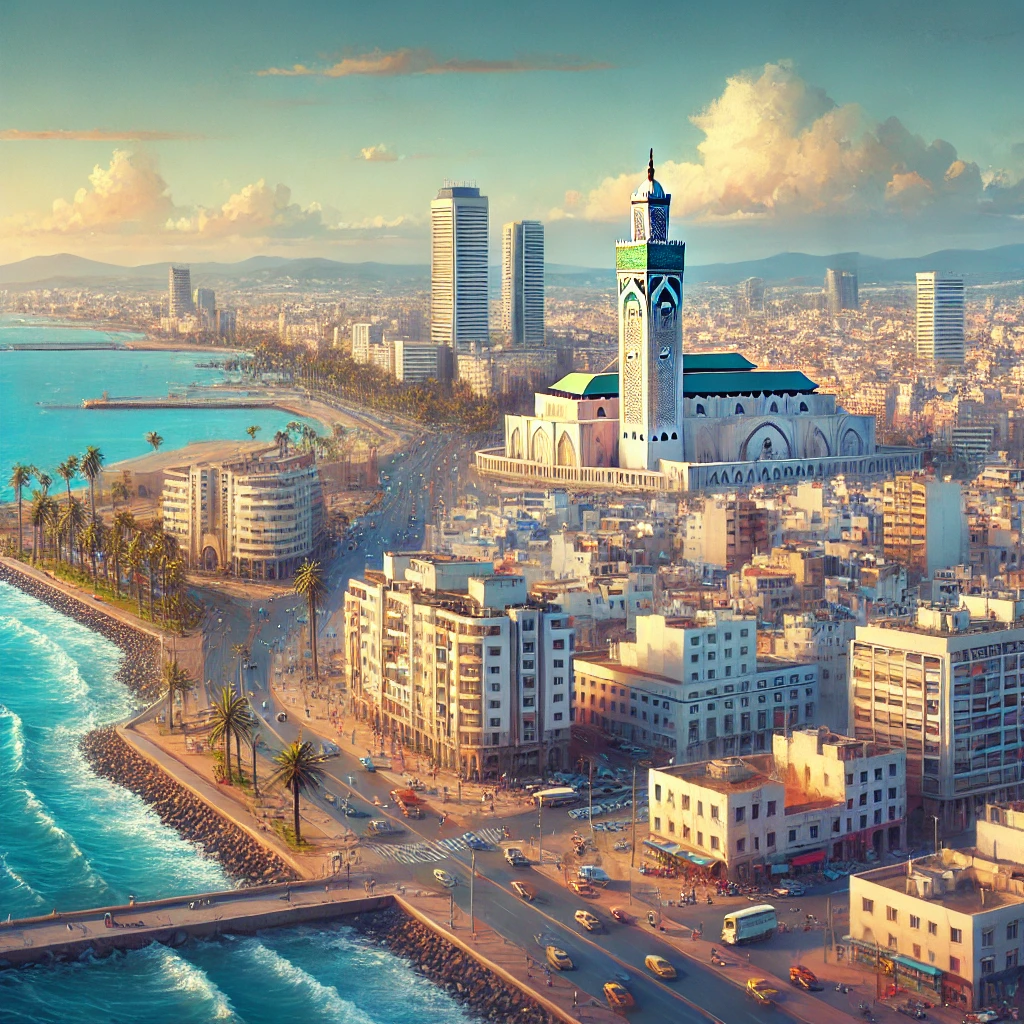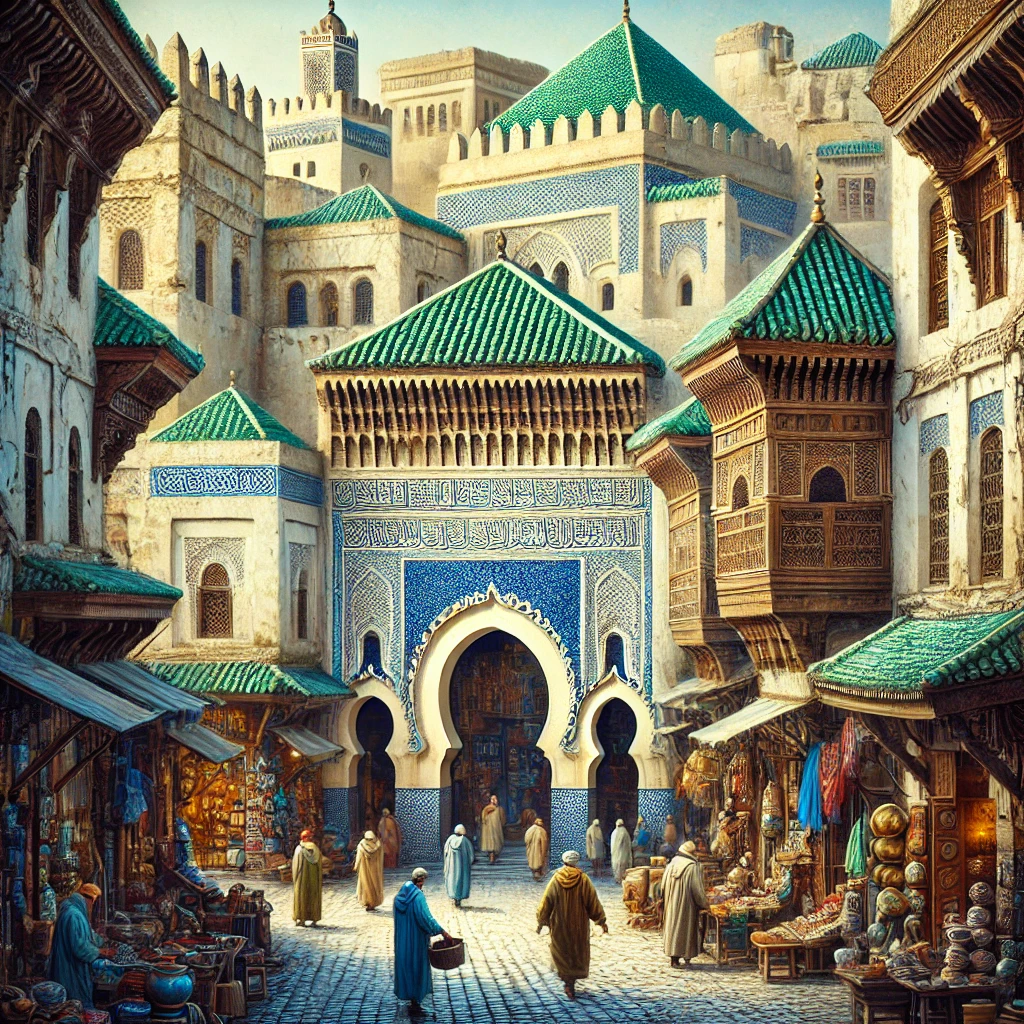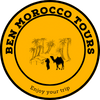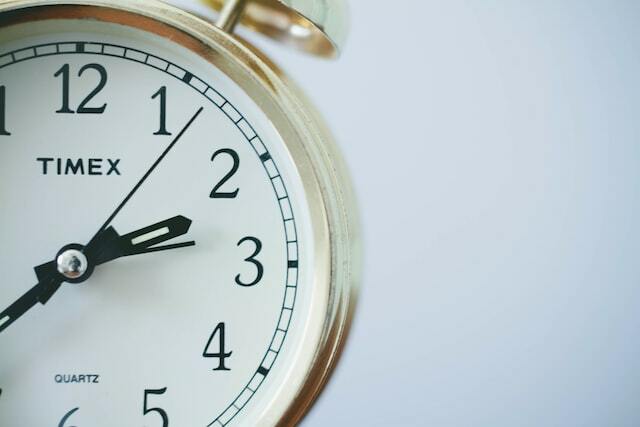In Morocco, calendars and time zones are an integral part of life. Whether keeping track of important dates or planning for future events, calendars are essential for staying organized. For Moroccans, calendars are also tied to the country’s cultural and religious traditions.
Morocco uses the Gregorian calendar, which is the most widely used calendar in the world. This calendar was first introduced in 1582 and has been in use since. Unlike other countries, Morocco does not observe Daylight Saving Time. This means that the time remains constant throughout the year. In addition, Morocco also uses the Islamic calendar, which is based on the phases of the moon. This calendar is used to determine the dates of religious holidays, such as Ramadan.
Moroccans also observe standard time. This is the time zone used in the country and consists of Greenwich Mean Time plus one hour. This time zone is observed throughout the year.
Morocco has a unique way of telling time. Instead of using a 24-hour clock, Moroccans use a 12-hour clock. This means that the same hour is used for both the morning and the afternoon. The day is divided into two parts: the morning (from sunrise to noon) and the afternoon (from noon to sunset). The time is usually expressed in terms of the number of hours that have passed since sunrise. For example, 12:00 PM would be expressed as “six hours after sunrise.”
Calendars and time zones play an important role in Morocco. They help Moroccans stay organized and ensure that important dates are kept track of. They are also important for religious and cultural observances, as well as for keeping track of the time.
Contact Ben Morocco Tours
Please contact our travel agency, we will ensure to advise and guide you to get the most out of your visit, without missing anything in your exited trip, whatever you traveling alone or in a group of people, family or friends.









